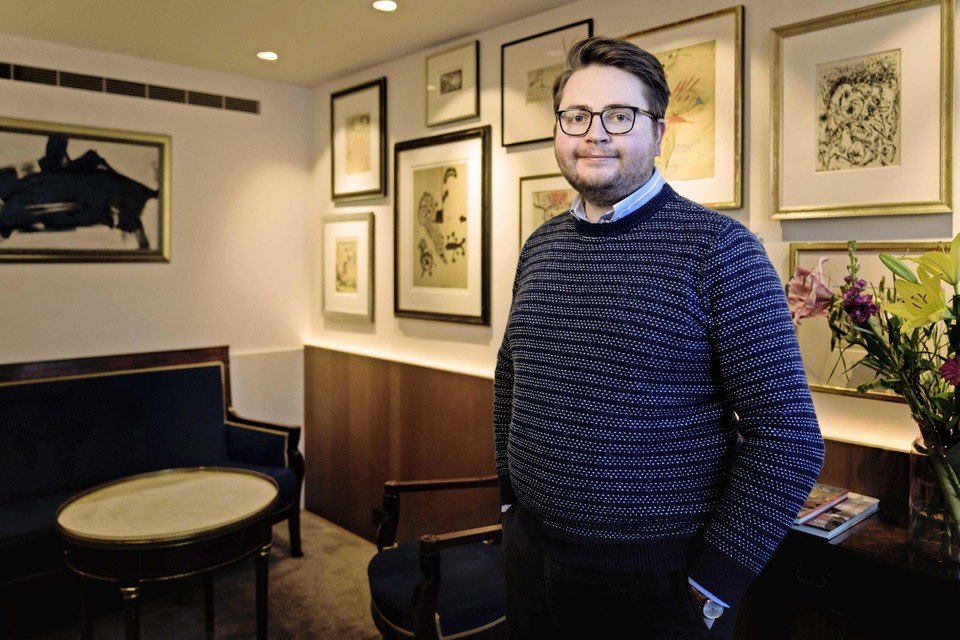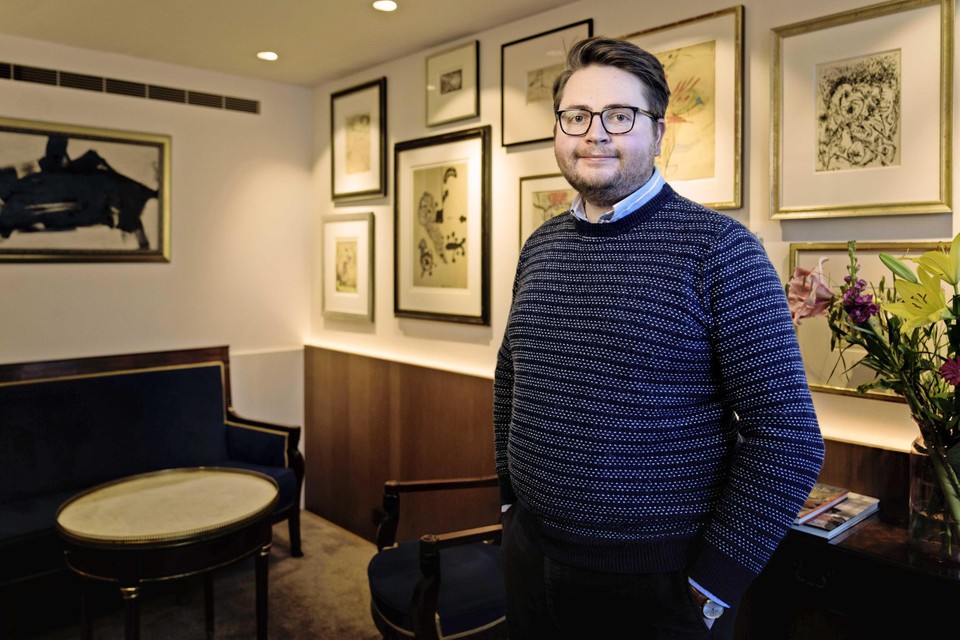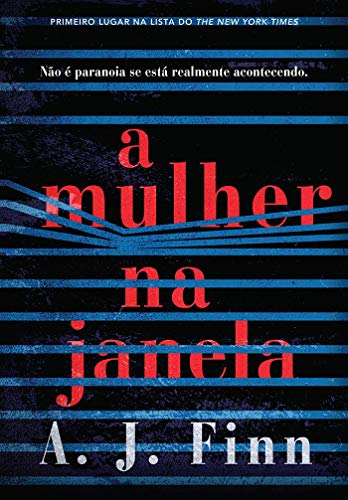Son Harry Whittaker completes Lucinda Riley’s Seven sisters series: ‘I will never write such a bestseller again’

THIS TEXT WAS EXTRACTED FROM THE LIMBURG.NL NEWSPAPER WEBSITE. PLEASE ACCESS THE ORIGINAL HERE (IN DUTCH): https://www.limburger.nl/cnt/dmf20230119_94261245
Maastricht – Harry Whittaker, the eldest son of the Irish-British bestseller author Lucinda Riley, has barely got around to mourning the death of his mother. He was too busy writing. After all, he had promised on her deathbed that he would complete her successful Seven Sisters series.
Paula van der Velde
“I fulfilled her last wish with pure love. Atlas, the story of Pa Salt, is my ode to my sweet, funny and energetic mom, she was my best friend,” he says.
The fact that fifteen million readers worldwide are eagerly awaiting the last part, which will be published on May 11, made the assignment even more fraught. In that part, it will finally be revealed who the mysterious and very rich Pa Salt is, who adopted seven daughters from all over the world, and why he did so. “Still, it didn’t keep me awake for a second,” says Whittaker. “The pressure to bring this project to a successful conclusion is so insane that I can’t really imagine it. And so I felt no pressure, except that of the deadline.”
Children’s books
The nearly thirty-year-old Whittaker did not have much writing experience. “Until now I had only written a few children’s books, together with my mother. Like her, I started my career as an actor. I have a weekly BBC radio show in my hometown of York and also run my own improv theatre group. I did the writing on the side. Thanks to my mother, I have become very disciplined in the last year and a half. To keep my promise to her, I found it easy to get up very early every day and roll into bed late.”
Lucinda Riley, who passed away on June 11, 2021 at just 56 years old, had been battling cancer for four years, unbeknownst to her fans. “She called me to her on Christmas Day 2018,” recalls Whittaker. “She wanted to talk to me. It was a very emotional conversation. We sat together in her bedroom for almost six hours. Forgive me for keeping the details to myself. That’s really private. But she then asked me if, should the worst happen and she dies, I would be willing to write off any parts of the Seven sisters series that have not yet been published.”

First reader
“You must know that I have always been her first reader. I know her books inside out. So I wanted to please her. However, we have hardly ever spoken about it since then. It was inevitable that my mother would live. In her mind, dying was not an option.”
Whittaker lowers his gaze and swallows his emotions. “My mother has been in a bad position several times during her illness. So much so that my stepfather, sisters, little brother and I thought it was over. But every time she miraculously picked herself up again. That really suited her. My mum was a magical woman. She really was what you would call a sparkling personality, fond of life, always positive and full of energy. I’ve never met anyone like her in all my life. Actually, she was too sweet. She never saw evil in others, was generous and selfless and listened to everyone.”
Dictaphone
Lucinda Riley hardly ever wrote in the literal sense of the word. “That’s right,” nods Whittaker. “My mother dictated her books into a Dictaphone. She had also been a dancer before and was still very active and had no patience for sitting at a computer. Unfortunately for me, she didn’t leave an audiobook for me to type out.”
“But I didn’t have to come up with everything myself. In 2016, Lucinda was in contact with a Hollywood film company that wanted to film the Seven Sisters series. They wanted to know how the series would end. As a result, she was forced to look further ahead and to put something, broadly speaking, on paper. Those thirty pages from then, in which all loose ends are tied together, were my main reference.”
Telling stories was instilled in Lucinda Riley by her father. In an interview with this newspaper in 2019, she said: “Like Pa Salt, he was constantly traveling. No idea what exactly he did. My mother and we, the children, rarely saw him. But when he was home
I couldn’t get off his knee, because he was always full of stories. He was a storyteller pur sang, I hung on his every word. His adventures planted the seed for me to always keep discovering new countries and cultures.”
Father figure
Whittaker also cherishes warm memories of his grandfather. “Because my parents soon separated, he was a kind of father figure to me for a long time. Pa Salt certainly has my grandfather’s traits. But later, after the sixth book, my mother also realized how much she resembled the enigmatic Pa Salt herself. For me, his story is mainly a tribute to Lucinda.”
He is not allowed to lift many tips of the veil about Atlas. “All I can say is that Pa Salt was a lonely little boy as a little boy, who grew into this special man who created his own family. The fans will not be disappointed. All sisters return in the final part, and almost all places where the books take place, from Australia to Norway and Brazil, are also visited again.”
Harry Whittaker has no fear of falling into a black hole after this novel. “Although I realize that as a writer I will never again achieve such immense success as with this book, which is already a worldwide bestseller in advance. I am not afraid that the mourning will grab me by the clots later. My mother taught me to always enjoy life, even when things go wrong or when you are sad. Seize the day, live in the moment. That’s the best lesson I learned from her. It is the key to a happy life.”





Lucinda vive em cada palavra de seu filho e em cada um de nós seus leitores.